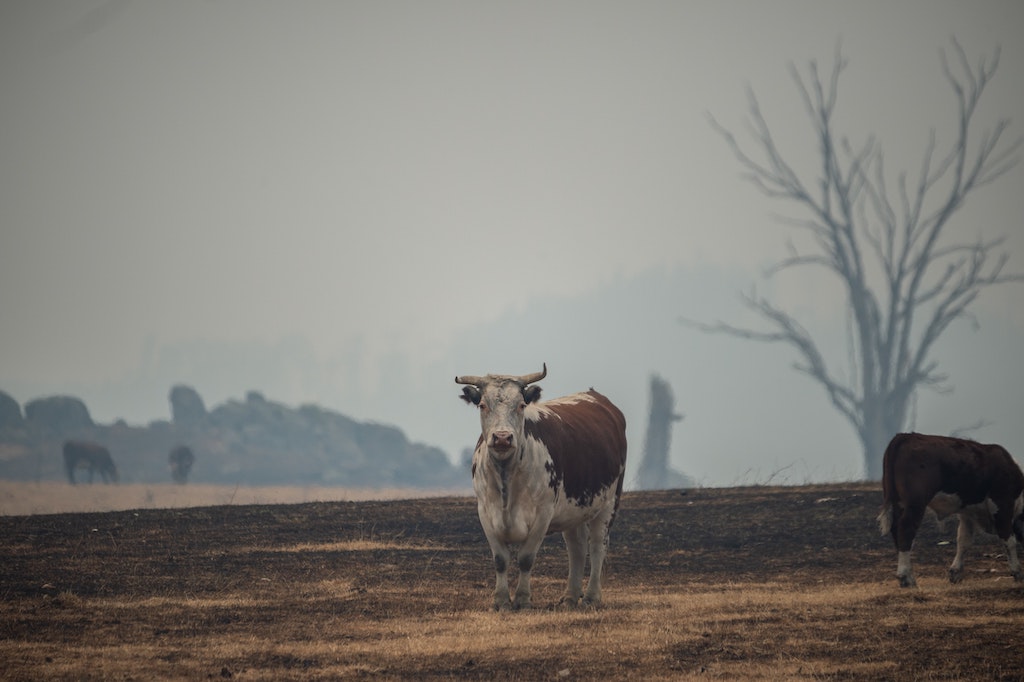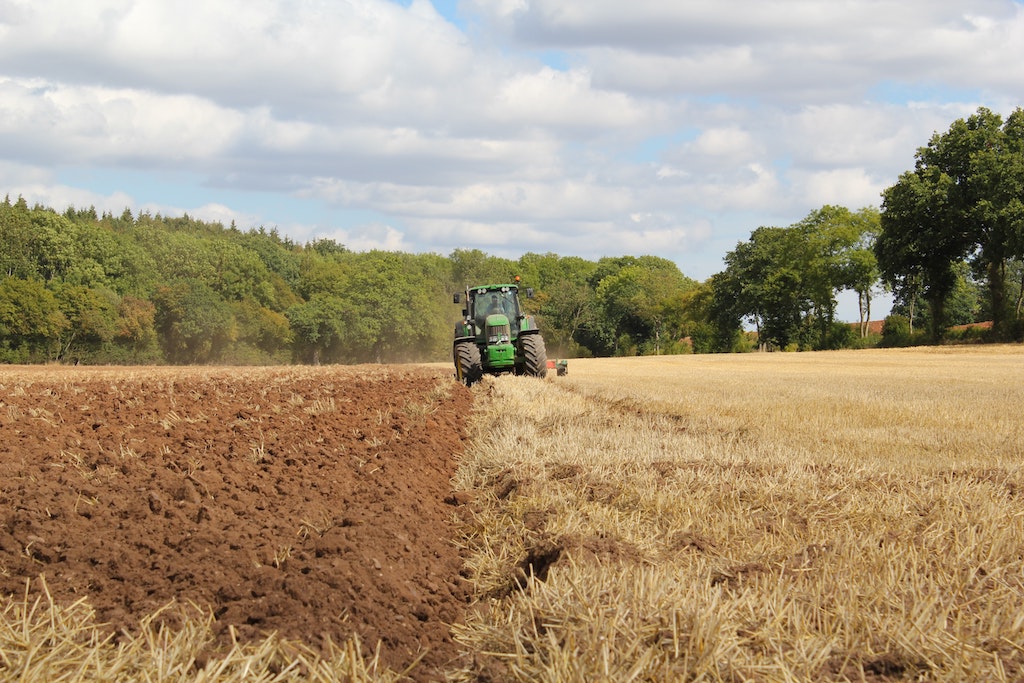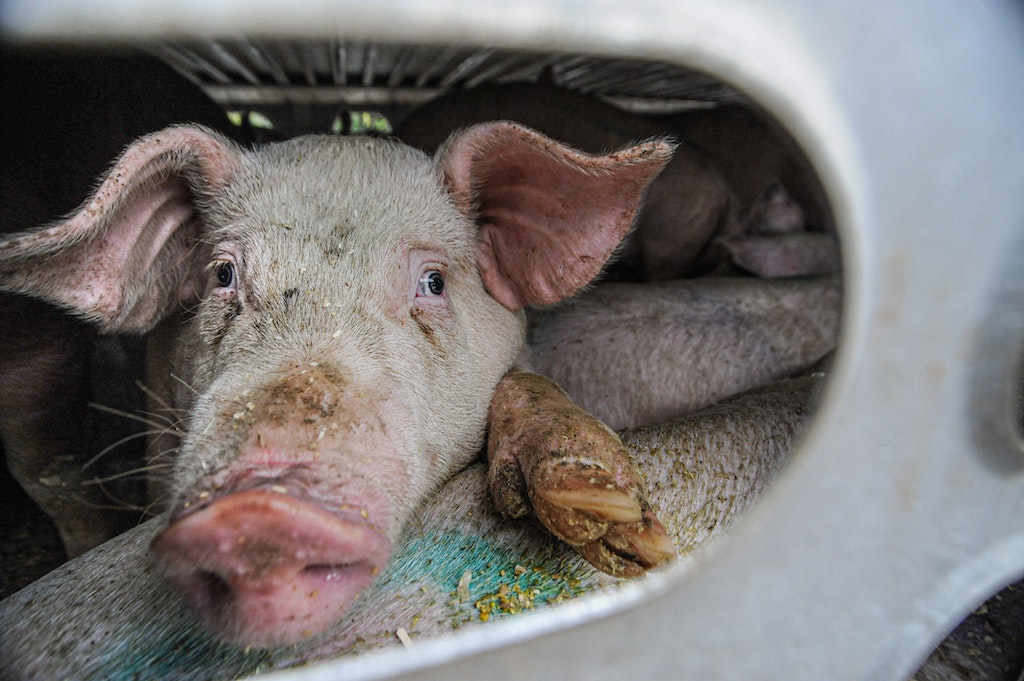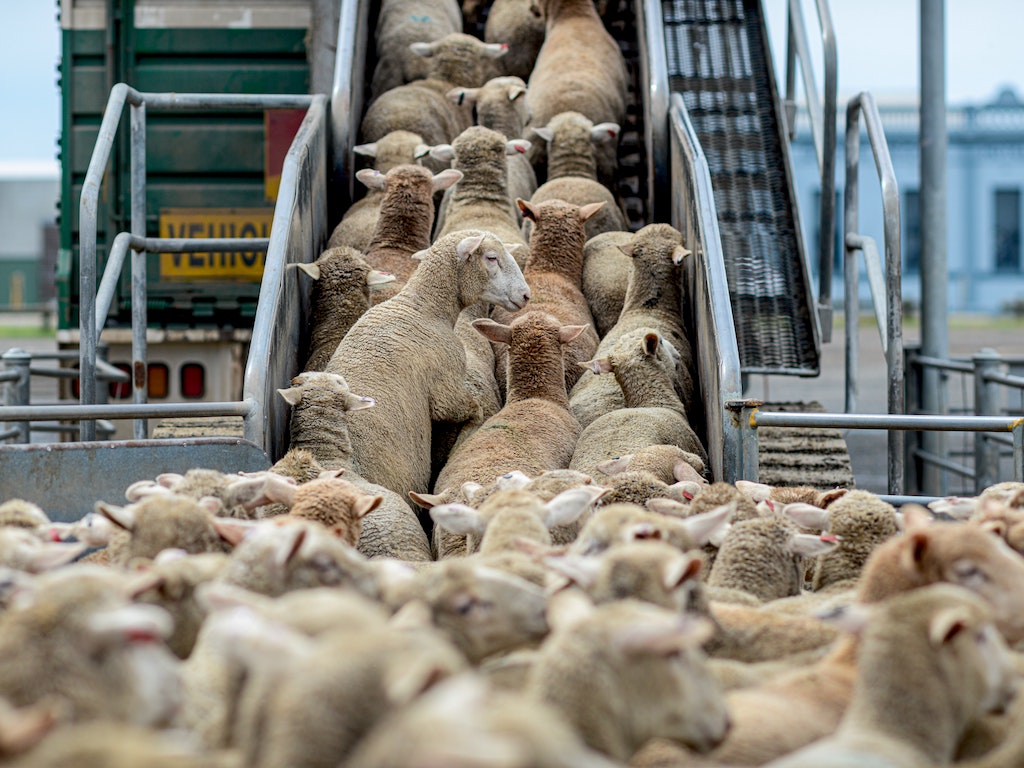4 Mins Read
Almost 90% of all subsidies for the global agricultural industry cause harm to nature and human health, warns a new UN report. With farming subsidies set to continue to rise, along with its damaging consequences on the environment and communities, UN experts are now calling for a dramatic “repurposing” of government funding towards sustainable agri-food solutions.
In a new report released by the UN ahead of its global Food Systems Summit due to take place later this month in New York, experts called for an overhaul of current agricultural subsidies. According to the assessment, compiled by the UN’s FAO, UNDP and UNEP bodies, 87% out of all annual government support to agricultural industries “distorts prices, environment and social goals.”
Repurpose the $470 billion in subsidies
With global government funding going to agriculture amounting to $540 billion per year, that means that $470 billion of current annual subsidies are financing activities that are harmful to the people and the planet.

Subsidies include price incentives like import tariffs and export subsidies, as well as fiscal incentives tied to the production of agricultural commodities. In its report, the UN has described these as “inefficient” and “often inequitable, putting big agri-business ahead of smallholder farmers, a large share of whom are women.”
It is also fuelling environmental destruction, inconsistent with the Paris Agreement goals and the Sustainable Development Goals (SDGs), with funding often going to agricultural activities that contribute to GHG emissions and deforestation.
Animal agriculture is the most carbon-intensive of all sectors in the farming industry, driving 18% of the world’s emissions, according to FAO statistics. Separate data published by a recent Meat Atlas report revealed that just 5 meat and dairy firms together contribute a larger share of GHG emissions than big oil companies such as Exxon and BP.
Read: The $22 billion spent on overfishing subsidies is ‘madness’ – UN special envoy
‘Wake-up call’
Commenting on the report’s findings, the director-general of the FAO Qu Dongyu said it is a “wake-up call for governments around the world to rethink agricultural support schemes to make them fit for purpose to transform our agri-food systems.”

“Governments have an opportunity now to transform agriculture into a major driver of human well-being, and into a solution for the imminent threats of climate change, nature loss, and pollution,” added UNEP executive director Inger Andersen.
Instead of funding climate and health-damaging agriculture, the report calls on world governments to use a “customised and evidence-based approach” to support sustainable agriculture that benefits both the people and planet. These include measures to restore nature, limit pollution, promote regenerative practices such as eliminating synthetic fertilisers.
“By shifting to more nature-positive, equitable and efficient agricultural support, we can improve livelihoods, and at the same time cut emissions, protect and restore ecosystems, and reduce the use of agrochemicals,” said Andersen.
Related: US livestock subsidies soared in 2020 despite climate and health damage

Equitable action
UN experts also urged for equity to be placed at the heart of tackling how agriculture is funded. With meat and dairy representing the most harmful agricultural sector of the food system, and that the largest consumers of these products are concentrated in richer countries, that animal farming funds should be shifted to support initiatives in lower-income countries where toxic pesticides and fertilisers are being used to grow crops.
“Rewarding good practices such as sustainable farming and climate-smart approaches can improve both productivity and environmental outcomes,” explained UNDP administrator Achim Steiner.
“It will also boost the livelihoods of the 500 million smallholder farmers worldwide, many of them women, by ensuring a more level playing field.”
All images courtesy of Unsplash.



